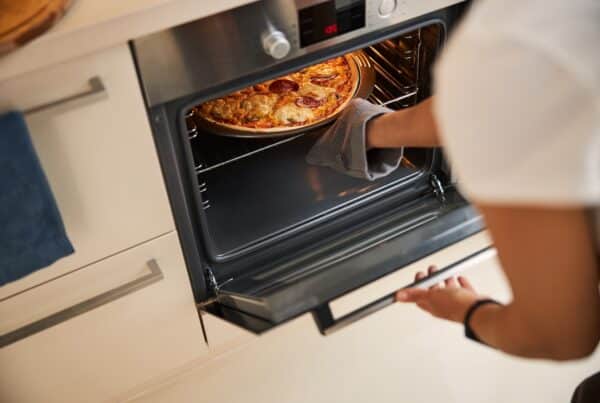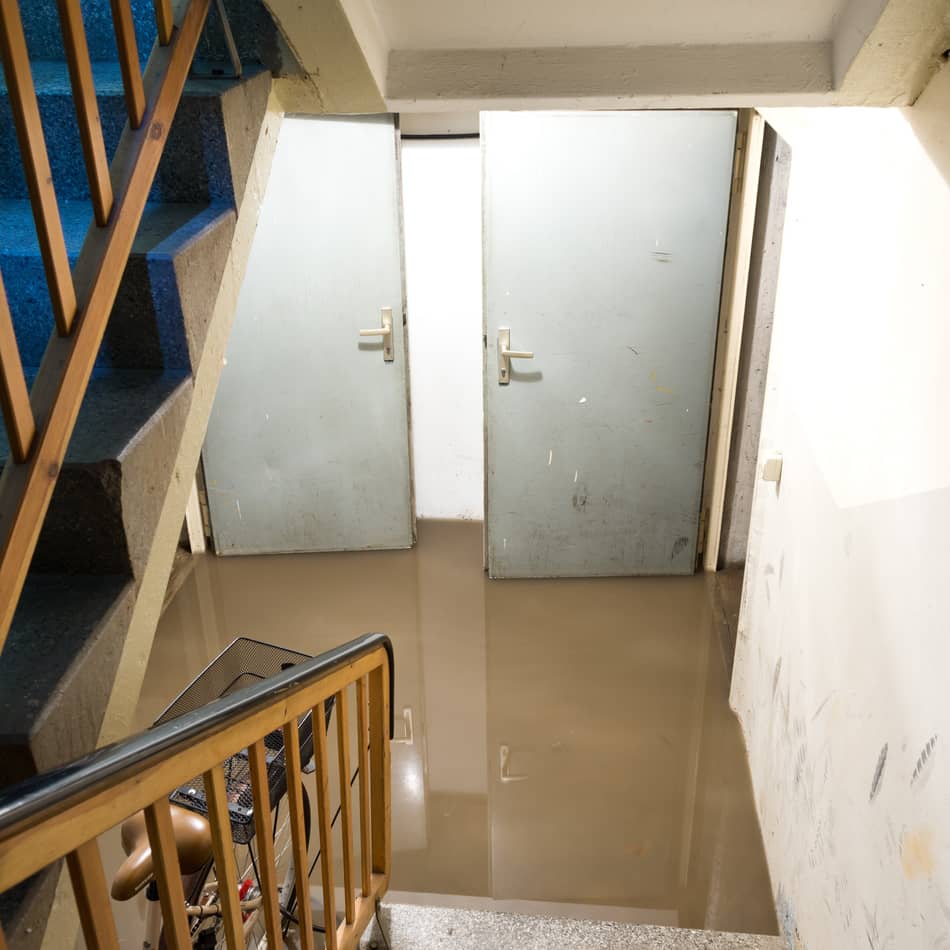
Coming home from a long day at work and noticing that your basement has flooded is not ideal. As a homeowner, you often wonder if it stormed at your home as it may have at work. While that storm is dumping huge amounts of rain, do you really consider if the rain has caused any damage to the home? Most like you did not stop work to think about these possibilities. How to prevent basement flooding during heavy rain? Keep a sump pump in the basement or gutters on the roof working properly.
Let’s take a look below at some more details regarding this topic.
How Does This Happen
The basement can flood during heavy rain if the following occurs. The most prevalent way is when too much water has entered the soil and created pressure against the foundation of the home. Let’s take a look at the three main forms of pressure buildup.
- Basement window well – if the window well is not built correctly, then water can collect in the well and eventually seep into the basement.
- Regular occurring rain – as your soil gets saturated the buildup of water pressure occurs. The more rain, the more water buildup, and the greater the hydrostatic pressure. This will cause your basement walls to seep water into the basement and the flooring begins to flood.
- Loose dirt – if the soil around your foundation begins to collect water, it can expand and put pressure against the foundation. If gutters and downspouts get clogged, the rainwater will pool or puddle up around the foundation of the home. This can begin to cause leaks and foundation damage.
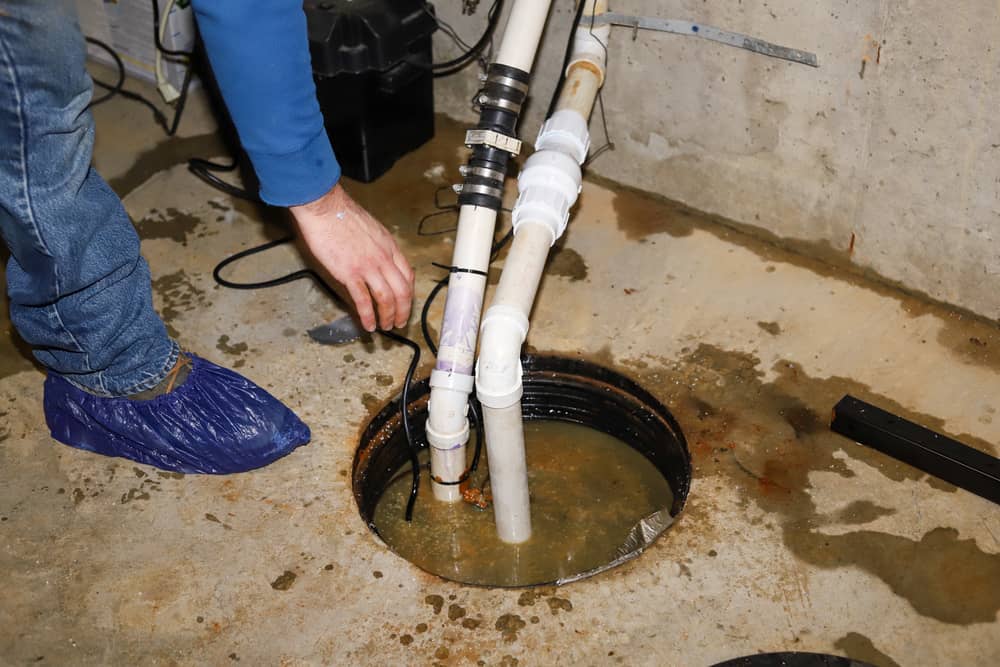
What Can I Do To Prevent It
Believe it or not, there is a list of a few items that you can manage to prevent your basement from flooding due to heavy rain. Let’s take a look below at the recommended list of maintenance to make sure the basement stays dry.
- Sump pump – making sure that your basement has a sump pump installed is huge for your peace of mind. Homeowners want to know that if the basement does get flooded, their sump pump will kick on and pump out any excess water before it can cause major damage. Install one to prevent your basement from flooding due to heavy rain.
- Backwater valve – making sure that you have a backwater valve installed will ensure that your city sewer lines cannot back up into your home and cause flooding of your bathrooms and basement.
- Seal it off – make sure that all weatherstripping and caulking are updated and fresh. If you notice any breaking down of these items, act quickly to replace them. Be sure to waterproof the basement walls at the same time you are sealing the basement windows or openings.
- Grade the yard – make sure that you have properly graded the soil away from the foundation of the home. This will ensure that water runoff flows away from the home and will not puddle or pool up around the foundation. Be sure to repair any grading issues as they arise.
- French drain – some homeowners will want to install a french drain to wrap around the foundation of the home. This all but guarantees rainwater will flow away from the foundation. Use a reputable landscaper if you choose to go this route.
- Landscaping – double check that your plants, trees, and shrubs are installed properly. If they aren’t planted and separated as instructed, they could end up posing a problem to the foundation of the home. If roots begin to penetrate the foundation or plumbing of your home, you will begin to experience water seeping or leaking into the basement. Additionally, shrubs that are overgrown may hinder the proper drainage of water away from the home.
- Downspouts – consider installing downspout extensions that flow into the soil and away from the home. Although this may be an expensive investment, it could save you the headache of a flooded basement.
- Clean gutters – if you do not keep your gutters clean, this could cause an overflow. If the water overflows from the gutters it will land directly on the soil located next to the foundation of your home. If you cannot get on your roof to actively clean the gutters, consider a gutter guard system to assist with keeping debris out of the gutters.
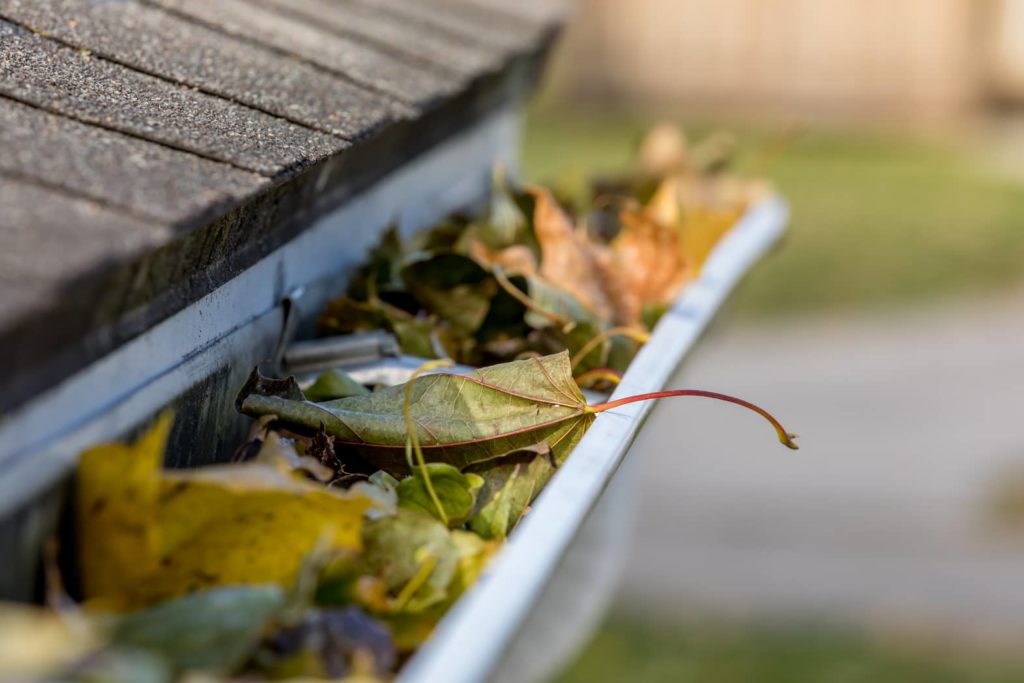
How Much Does It Cost
If your basement floods due to heavy rain, you are likely going to see a hefty bill. First, the water will need to be pumped out of the basement. Next, the damage that has been caused by the water to the walls and flooring will need to be repaired. The national average to repair or clean up a flooded basement ranges between $4,000 and $10,000. Keep in mind that the size of the basement and the required cleanup will drive the price.
Other Recommended Maintenance
Now that you know about basement flooding, there are other things to think about.
One of those is water damage. You might not know that you have water damage in the walls, but if you see wet or dark spots, cracking, bubbling, flaking, or a musty smell, you may have water damage and need to contact a professional.
Another area to take a look at is your hot water. If you are finding that you need to make your hot water last longer, try taking quicker showers and also not using appliances simultaneously.
Lastly, take a look at your ceiling. If you see water spots, hear running water noises, or water bill increases to name a few, you may have to repair a water-damaged ceiling and call a professional.
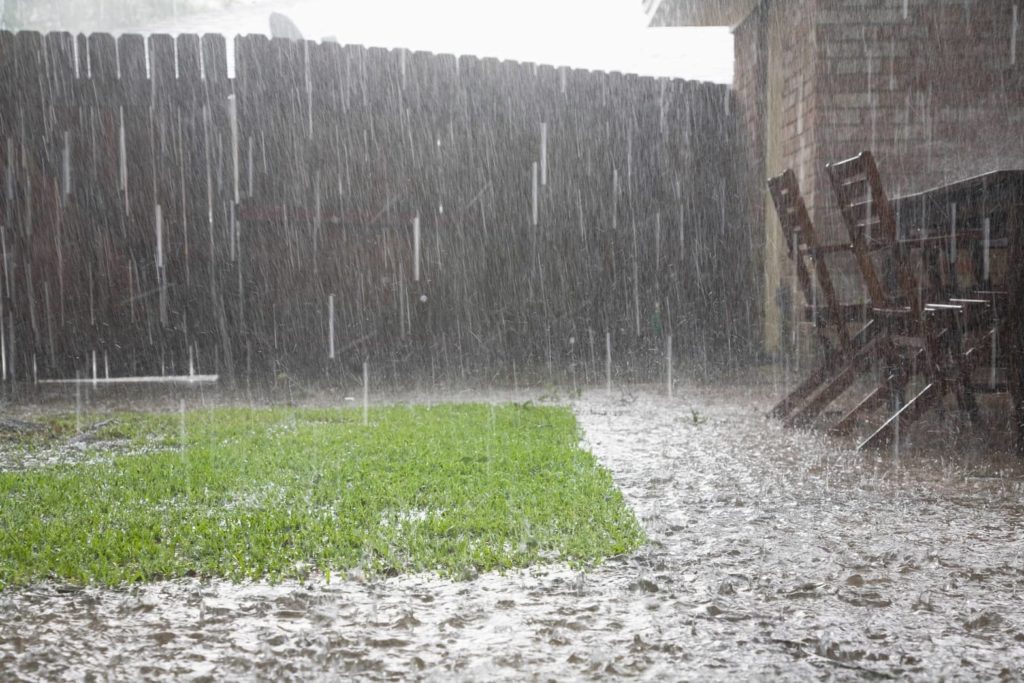
When Do I Call A Professional
If you experience flooding of your basement there are a few things that you will need to take care of. First, check your homeowners’ insurance to determine if it covers the cleanup costs of a flooded basement. Next, determine what repairs are needed and how much they might cost. Also, if you aren’t sure where to start, reach out to your local home inspection team. Not only can they inspect the damage that has occurred, but they can recommend a reputable professional contractor to clean up the flooded basement.
Conclusion
Now that you have checked your homeowners’ insurance policy to determine if the clean-up costs are covered, you will need to reach out to your local home inspection team. Also, calling on your home inspection team can expedite the repairs and clean-up needed to fix the damaged basement. You might be looking at a simple sump pump replacement or an even greater repair. Call on All Coast Home Inspections for a home inspection in Houston, TX. They can refer you to the most reputable homeowners insurance companies around the local area.

